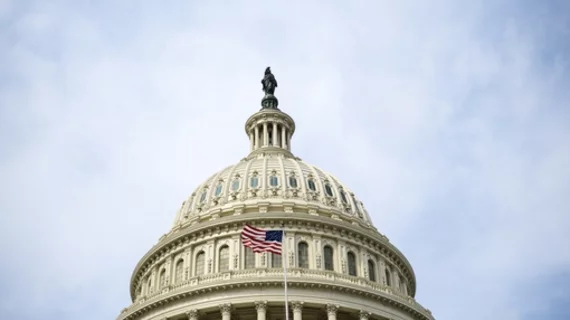FDA approval of several impactful drugs could be delayed if US defaults on debt
With Congress set to make a decision on whether to raise the U.S. debt ceiling, the U.S. Food and Drug Administration’s commissioner Robert M. Califf is warning that failure to find a resolution would be devastating to the FDA’s operations.
If the U.S. defaults on its debt, the FDA’s process of reviewing and approving drugs and devices would be put on hold, Califf said on May 24.
“We’ve got to figure out the debt ceiling,” Califf said. “If the government shuts down, I won’t be able to pay people to review the applications that are in play.”
While there are hundreds of pending applications in the docket, some drugs that are on the front doorstep of approval are particularly noteworthy.
AstraZenica and Sanofi’s RSV drug is scheduled for discussion among the FDA advisory committee in early June. If Congress does not come to an agreement before the U.S. defaults on its debt, this meeting would be delayed. The RSV drug (nirsevimab) was developed to treat children aged two and under who are suffering from the respiratory virus. It was expected to be approved around September of 2023, but a delay in its review would inevitably postpone this.
Intercept Pharmaceuticals also could get caught up in the government’s inaction, if a default happens. Its treatment for nonalcoholic steatohepatitis (NASH)—a deadly form of fatty liver disease—would be the first FDA-approved therapy for NASH if given the greenlight. However, it was recently denied accelerated approval by the FDA due to concerns about the potential risks associated with its use.
Sarepta Therapeutic’s Duchenne muscular dystrophy therapy also is at risk of having its approval delayed. The FDA recently deferred its decision on the gene therapy (SRP-90001) to the middle of June, citing a need for additional review. It was recently put on the pathway for accelerated approval, but a disruption in its review would inevitably put this on hold.
Congress has until June 5 to review and pass a resolution on the debt ceiling.

